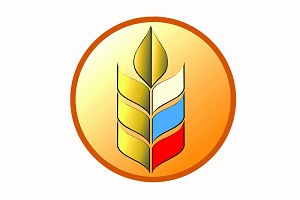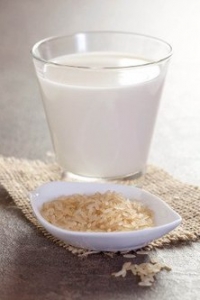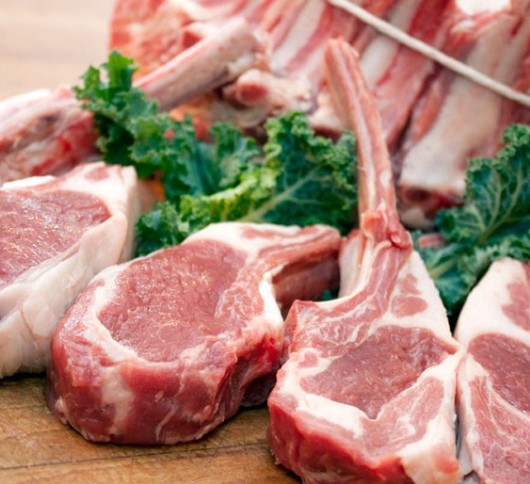The buyer will be hard-boiled: the Saratov Ptitsa holding supports the Ministry of Industry and Trade of the Russian Federation, advocating an increase in purchase prices for eggs

Deputy Minister of Industry and Trade Viktor Yevtukhov said during the Russian Retail Week forum that the ministry is in favor of raising purchase prices for chicken eggs in trade.
The goal of the authorities is to prevent a reduction in the production of these products and a shortage in the food market.
“Now our task is to convince them to raise purchase prices so that the number of chickens does not decrease and we do not get a deficit, this is dangerous,” the deputy minister emphasized, without saying, however, exactly how the authorities will convince trade.
The Ministry of Industry and Trade's statement came three months after another federal agency, the Ministry of Agriculture of the Russian Federation, reported that measures had been developed to support the poultry industry to stabilize prices for its products. Officials seized on stabilization after the public indignation of Russian President Vladimir Putin about the rise in food prices.
If earlier, in February, poultry and egg producers requested permission from the Ministry of Industry and Trade of the Russian Federation for a 10% increase in selling prices for their products, then in March everyone agreed, gritting their teeth, not to raise prices for two months.
As a result, the Ministry of Agriculture of the Russian Federation urgently developed a list of measures, however, not supported financially. In addition, on March 1, the FAS announced that, on behalf of Deputy Prime Minister Alexander Belousov, it began checking meat and egg producers for compliance with antitrust laws.
At the end of March Saratov played out its own drama on this subject. The head of the regional government, Roman Busargin, having learned from social networks that the price tags for an egg go off scale for a hundred rubles for a dozen, forced officials to study the issue.
It turned out that the chains trade even at a loss, producers are moaning from the rise in the cost of feed - wheat, sunflower oil, cake, the growth of the dollar. According to producers, the cost of compound feed increased by 43% last year, wheat rose from 8-9 thousand rubles per ton to 18 thousand rubles, and a liter of sunflower oil now costs 107 rubles for factories against 42 rubles a year earlier.
In Saratov-Ptitsa, the cost of an egg increased from 3.5-3.6 rubles in 2020 to 5-5.5 rubles, according to Dmitry Ivanov, CEO of the holding.
Now there is no need to talk about a shocking increase in prices in stores, on average for the country as of May 26, eggs of the first category, according to the Ministry of Agriculture of the Russian Federation, fell in price by 19.5%, the second - by 10.9%. Officials attribute this to a slowdown in grain prices, as well as the fact that in summer producers spend less money on heat and electricity.
But, as it turns out, everything is much simpler: trade simply significantly reduced the purchase prices for the product, so that the price tags on the shelves would not greatly outrage anyone.
However, the end of the two-month "tie" has come, and now the federal media are citing Galina Bobyleva, the general director of Rosptitsesoyuz, that retailers are now buying eggs at a price of 36-45 rubles per dozen excluding VAT, while the cost of such products is about 49-52 rubles.
The head of the sales department of the Saratov Ptitsa holding, Vladimir Markevich, told BV that their company is facing approximately the same purchase prices, while previously trade gave about 10 rubles more for a dozen.
“No one wants to reckon with the fact that last year the prices in the purchase were higher, while a ton of grain for mixed fodder cost 7-8 thousand rubles, now a ton costs 12-15 thousand, and trade has reduced the purchase prices,” the source notes. "BV".
According to Vladimir Markevich, 5 member factories of the group of companies produce 1 million eggs per day, the cost of 1 egg in the holding exceeds 5 rubles. Therefore, in order to reduce losses, the option of reducing production volumes is now being seriously considered, the reduction in the number of laying hens has already begun, and the issue of reducing the staff is being considered.
Now the holding employs about 1 thousand people.
“Of course, we support the intentions of the Ministry of Industry and Trade of the Russian Federation, but it is not clear what measures the officials will use to convince trade,” says Vladimir Markevich. – Today's situation with the purchase can only be sustained by the largest producers, who, thanks to gigantic volumes, have lower costs per unit of production.
A well-known business consultant, the head of the consulting firm Briix, Yuri Puzhalin, believes that the issue requires studying all the links of the problem:
“It is clear that the increase in purchase prices will be paid by the end consumer of the product, so if we want to save the industry and at the same time not infringe on the buyer, then the proposal of the Ministry of Industry and Trade is not an option,” he is sure. “But you can’t leave the situation as it is, because there will be a shortage, and the lack of competition will drive up prices even more.
According to the expert, food prices are rising all over the world, and the reason, among other things, is the mass of unsecured money that the authorities have poured into the economies of their countries, plus crop failures, the real desire of product suppliers to earn more, etc.
“The way out is in an integrated approach, if the greatest rise in prices arises from the cost of grain, this link must be regulated, if trade deliberately keeps low purchase prices, then this is the topic of the antimonopoly service,” the expert believes. - In any case, this is a set of measures, and in order to regulate the situation, you must first study it in depth.
Reference. The Saratov-Ptitsa holding was registered in 2004. The founders of the management company are CEO Dmitry Ivanov (30%) and Elena Vysotskaya (70%), she owned the Churchill restaurant in Saratov. The total revenue of the holding from five poultry farms in 2019 amounted to more than 1.6 billion rubles. In 2020, two out of five factories showed revenue growth. Net profit in 2019 came out small: four factories earned 74.8 million rubles, the loss at Zavolzhskaya amounted to 20 million rubles.






















































